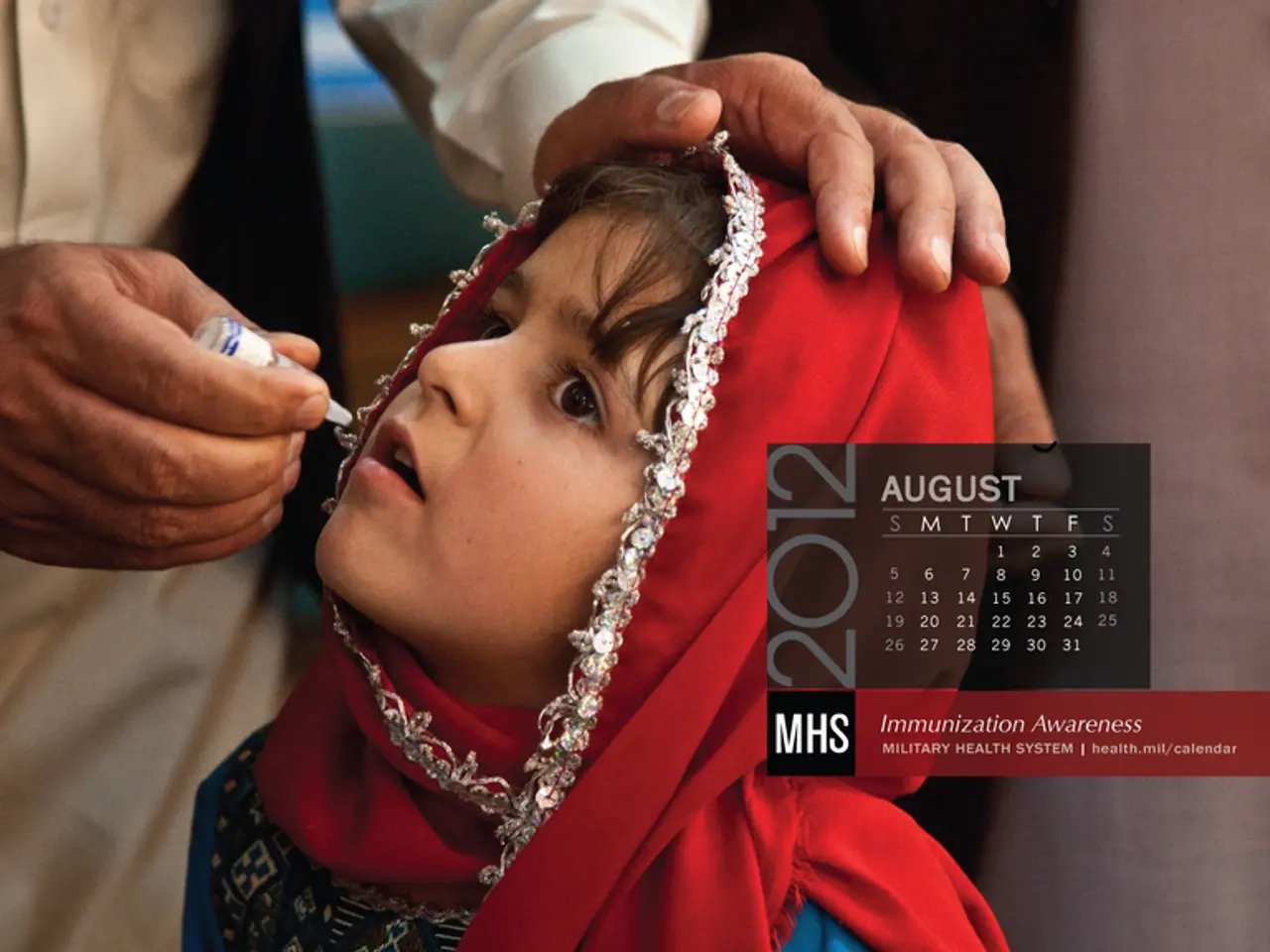Rochester Leads COVID-19 Booster Study as Virus Threat Evolves
Rochester is set to play a significant role in a new study investigating the safety and efficacy of a third dose of the Pfizer/BioNTech COVID-19 vaccine. Led locally by Dr. Ed Walsh and Dr. Ann Falsey, the study is one of four sites in the U.S. and aims to understand immunity against circulating strains and the potential for COVID-19 to become a seasonal virus.
The trial, scheduled to begin in October 2023, will involve 144 volunteers, with 35 participants from Rochester who previously took part in phase 1 trials and were fully vaccinated more than six months ago. It will measure the boost to the immune system, evaluate protection against coronavirus variants, and monitor side effects. Dr. Ed Walsh, an infectious disease specialist at URMC, highlighted the need for this study, given the potential for COVID-19 to mutate and become a seasonal threat.
Meanwhile, Pfizer and BioNTech have initiated discussions with regulatory agencies about studies to evaluate a modified version of their approved vaccine. Pfizer's Chairman and CEO, Albert Bourla, has emphasized the company's preparedness to adapt to resistant strains, stating that they are taking steps to be ready for such eventualities.
The University of Rochester Medical Center (URMC) and Rochester Regional Health (RRH) have joined forces to conduct this crucial clinical trial. The study's findings will contribute to understanding long-term vaccination strategies against emerging variants and help ensure the continued protection of populations against COVID-19.
Read also:
- Hospital's Enhancement of Outpatient Services Alleviates Emergency Department Strain
- Increased Chikungunya infections in UK travelers prompt mosquito bite caution
- Kazakhstan's Deputy Prime Minister holds discussions on the prevailing circumstances in Almaty
- In the state, Kaiser Permanente boasts the top-ranked health insurance program






